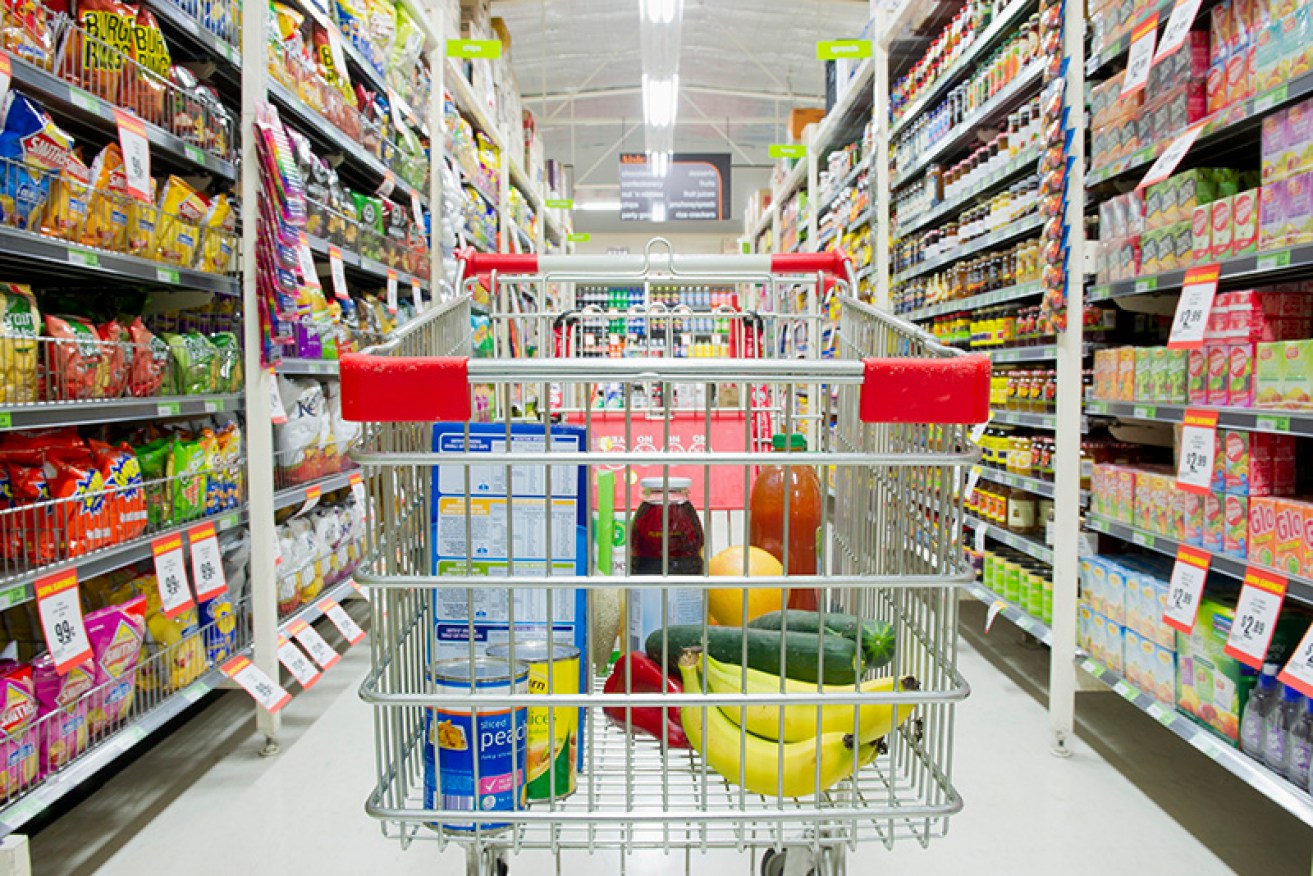Best home brand products winning supermarket war


Home brands are winning the supermarket wars, and doing so in the most surprising way – making us love them.
According to research firm Canstar Blue: “The number of Australians who tend to buy private label groceries over big name brands has increased by one-fifth in the space of just six months, from 44 per cent to 65 per cent.”
That’s a majority who choose home brands over “real brands”. When the same researchers asked shoppers to name their favourite brand of butter or eggs, the answer was Aldi’s own brand products.
• How the Costco mirage is fooling Australians
• How Aldi created a crazed cult of devoted shoppers
• Supermarket lettuce safe: experts
Traditional brands are taking a beating. It wasn’t always like that.
“Private labels have traditionally been seen as the cheap and nasty alternatives, but perceptions are changing and consumers are switching to save,” the head of Canstar Blue Megan Doyle said.
“There has been a huge change in attitudes in a short space of time.”
That change of attitudes is a massive victory for supermarkets.
Coles and Woolworths were always locked in power games with their suppliers, trying to get the best prices. The brands had power over the supermarkets so long as they knew customers wanted their goods.
Now, instead of paying a premium for branded items, supermarkets can source goods more cheaply, and offer lower prices to customers while still making a decent margin.
Supermarkets now manage their own-brand products like a portfolio of brands, according to Associate Professor Magda Nenycz-Thiel.
“The real rise in Australia has been happening since 2005. Now, it’s more a refinement stage to the private label portfolio and addition of options to match shoppers’ trends (i.e. organic, no carb),” said Associate Professor Nenycz-Thiel, Senior Research Associate from the Ehrenberg-Bass Institute.
• Click the owl for the official list of Australia’s top rated brands:
When I was very young, I remember being at a supermarket and being sent off to look for olives – a food I had never eaten.
I found them but became confused about which kind to get. I came running back to my mum with one question – olives with frills? She looked confused. When I explained my dilemma, she laughed, pointed to other No Frills products on the shelves, and explained that it was just a label, owned by the supermarket.

When selecting your preferred brand, remember: olives don’t have frills. Photo: Getty
Franklins supermarkets’ No Frills label was the first generic label to be launched in Australia. It came out in 1978.
Own brands ticked along as cheap and cheerful items until Aldi lit a fire under the own-brand revolution. Aldi stocks very few “real” brands – mainly just things shoppers absolutely wouldn’t substitute, like Vegemite.
Coles and Woolworths have followed suit and now Australian pantries are stacked with Coles Smart Buy, Woolworths Select, etc.
The quiet demise of so many brands leaves us wondering. Did they really add as much value as they claimed?
This question goes to the heart of one of the big paradoxes of consumer economics. What even is a brand and what does it do?
Experts fall into two camps. There are those who say people will do anything for a good brand. The brand is the value.
Other experts say brands are simply a helpful tool for consumers to remind them what products are like. Some cereal brands are crunchy, some sweet, and so on.
For a brand like Coca-Cola, the first way of thinking seems true. But there is only one Coca-Cola. Most brands aren’t like that. Most have little emotional power, like Hyundai cars or Morning Fresh dishwashing liquid.
If brands mostly just work to say the product functions a certain way, they’re not adding much value. Good labelling could do that – and without all the advertising gurus being involved.
In a world where you’re protected by consumer laws, trusting generic brands might actually make sense.
One huge study from 2015 suggests brands are a rip-off. It followed the shopping habits of experts in various fields and found pharmacists bought own-brand headache tablets more than 90 per cent of the time. Chefs tended to buy home brand cooking products like flour and oil.
The message of that study seems to be this: olives don’t have frills. If a brand tricks you into thinking their brand does, it’s only to get you to pay more.
Jason Murphy is an economist and journalist who has worked at Federal Treasury and the Australian Financial Review. His Twitter handle is @jasemurphy and he blogs about economics at Thomas The Think Engine










